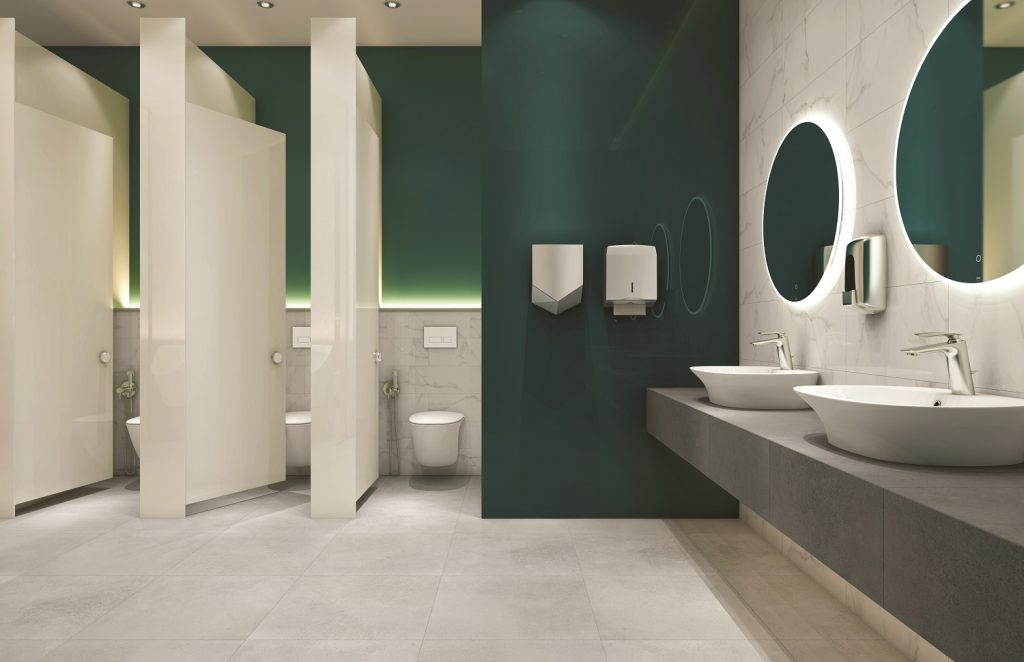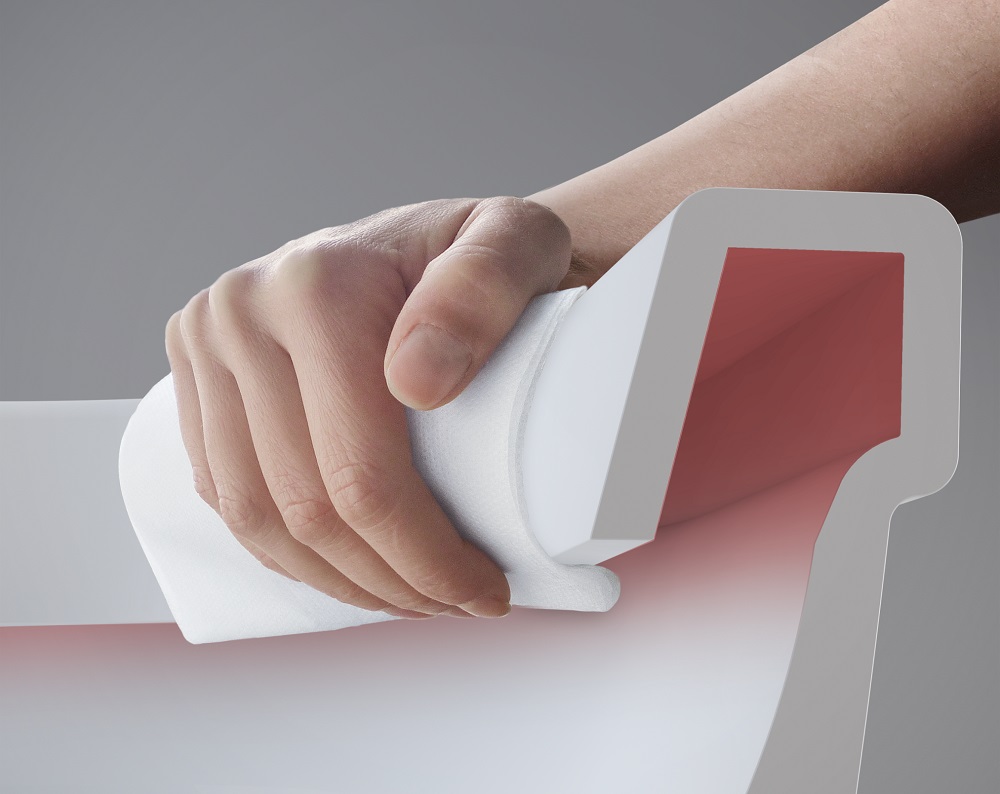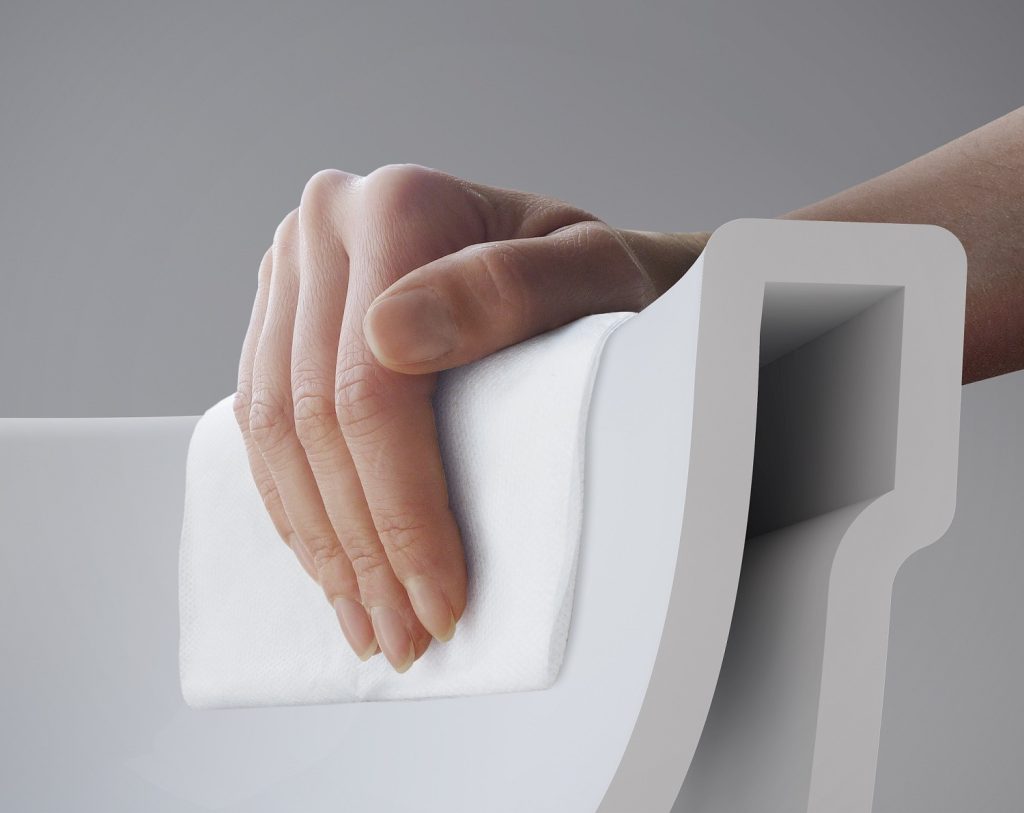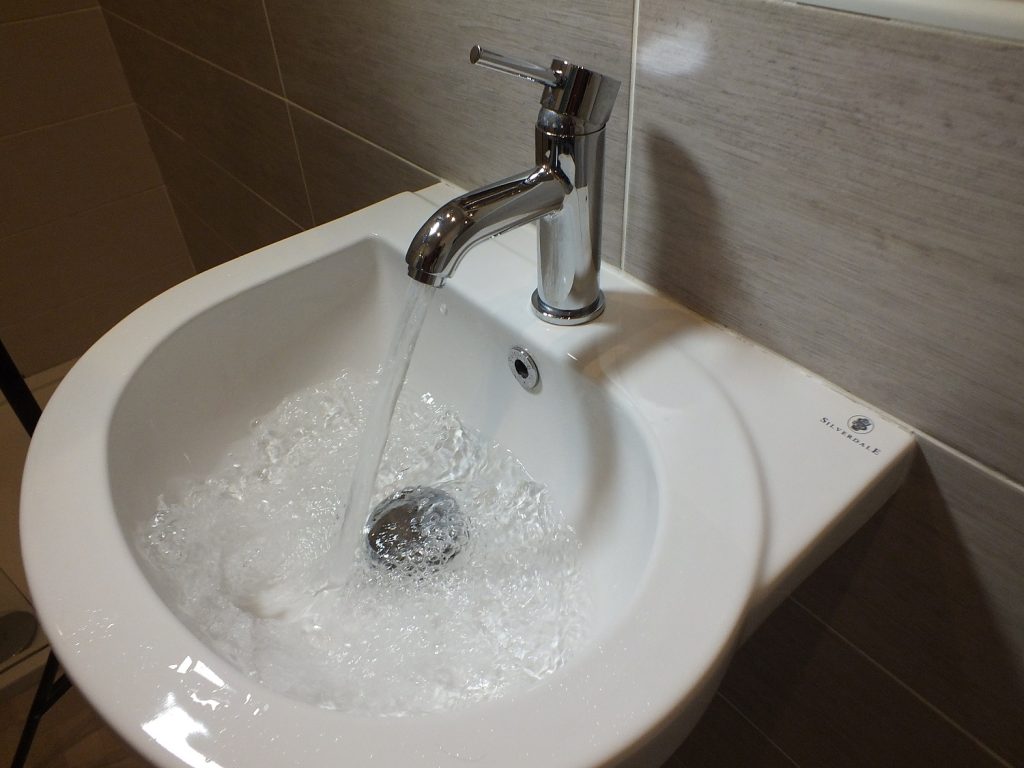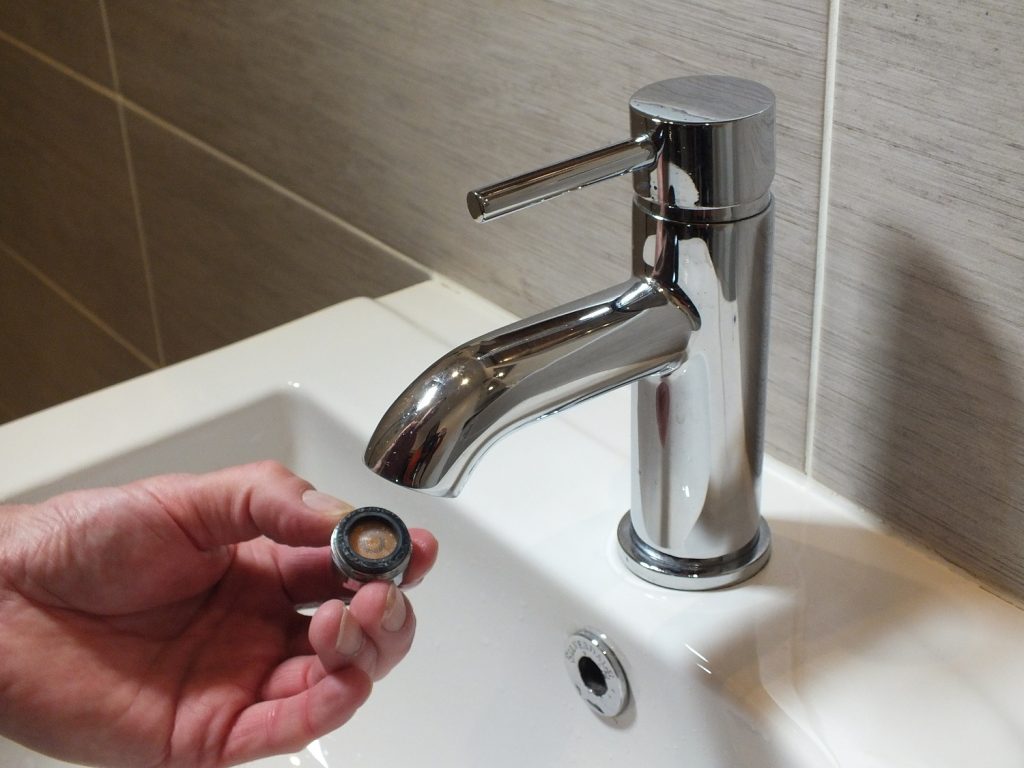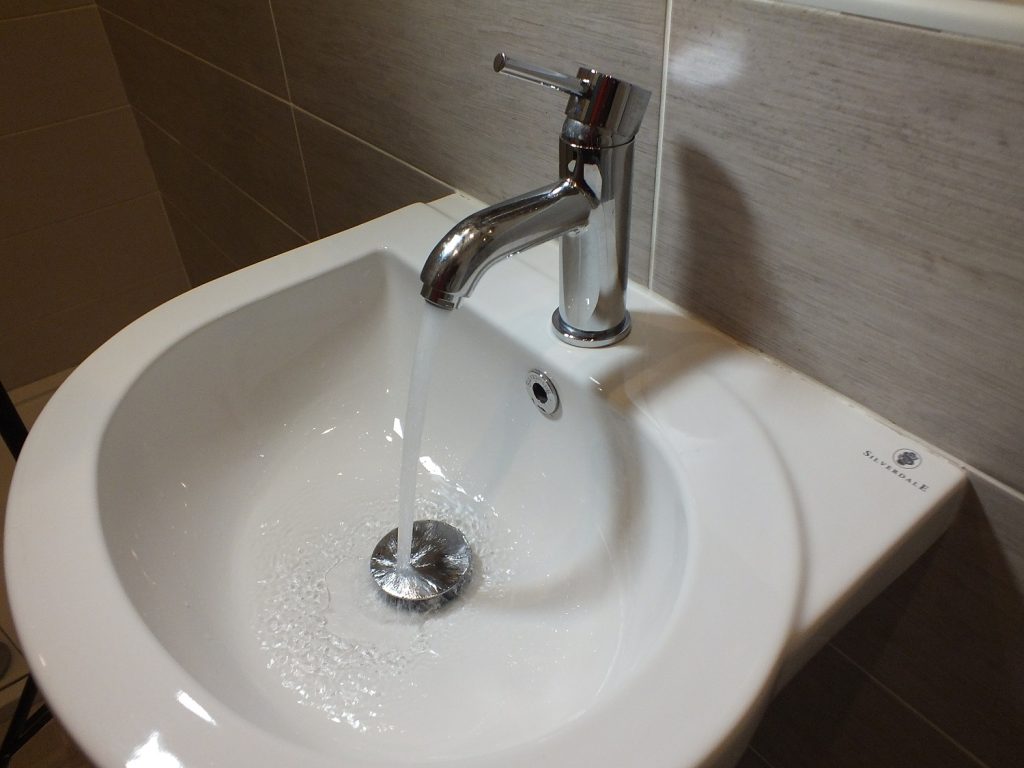The COVID-19 pandemic has refocussed the public’s approach to hygiene and cleanliness. These key criteria for bathroom and washroom design have become the single most important consideration when designing for commercial spaces. Furthermore, Covid-19 or a series of new infectious diseases may well be here to stay, as outlined in a paper published on 15 August, with the prominent US immunologist Anthony Fauci and his colleague David Morens arguing that “we have entered a pandemic era”. With this in mind, we can expect to see an ever-increasing focus on hygiene enabling washroom materials and surfaces, touchless taps and sanitisers in the years to come.
As VitrA explains “The consumer is embracing the need for safeguards while travelling, staying in hotels, and eating in restaurants. On the list of things that will make them feel pandemic-safe, are contactless check-ins and check-outs, smart-phone ordering at tables, masks, and visors and critically, robust hygiene protocols. After the kitchens or food delivery areas, it is in bathrooms, washrooms and WC’s that consumers will judge whether an establishment has taken hygienic safety seriously. Businesses that can highlight both stringent procedures and the best in hygienic bathroom design will be in the best position to get back to pre-pandemic trading.”
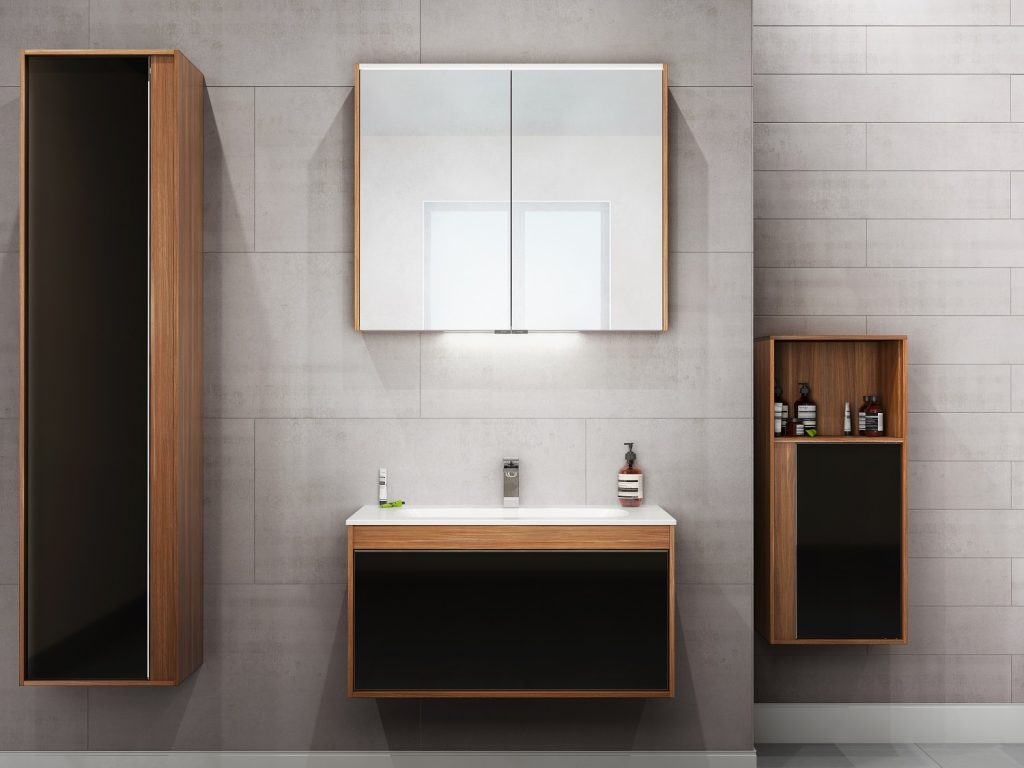
In the washroom
To aid the cleaning process, and to ensure hoteliers and restauranteurs can adhere to cleaning protocols, VitrA has built-in VitrA Cleancoating on several ceramic basins, vanity basin tops and WC products. The coating increases the surface tension, ensuring the water flows smoothly from the surface. All that is required to keep the basin clean is a wipe with a damp cloth and mild detergent.
The rim around a conventional toilet pan is the place where water enters and is usually open, creating the perfect place for bacteria and limescale to accumulate. VitrA’s Rim-Ex technology offers the latest in WC bowl design. With a rimless, smooth internal pan, there is no hiding place for bacteria to multiply and limescale to build up. Rim-Ex ensures the best in hygiene and offers the added benefit of speeding up cleaning time. Tests undertaken by Akdeniz University, in Turkey, prove that Rim-Ex is 95% more hygienic than a standard WC pan. Read more…
In community spaces
RAK-Sanit is the ideal solution for domestic dwellings, modern and safer schools, public and private offices, restaurants, hotels, laboratories and, indeed, all those premises in which hygiene is of primary importance. All those places generally described as “community spaces”, in which numerous people of different ages, genders and cultures make random encounters. Inside, toilet facilities destined for use by all and sundry are increasingly in need of strong, antibacterial elements with a long product life.
The RAK-Sanit bactericide action is permanent, guaranteeing built-in protection throughout the entire expected product lifetime, thanks to its constant action against microbial colonisation; this technology, which has proved its capacity to reduce or eliminate the quantity of bacteria up to 99.99%, including MRSA, E. Coli, Salmonella and Legionella, actively prevents the growth of microorganisms 24 hours a day. Read more…
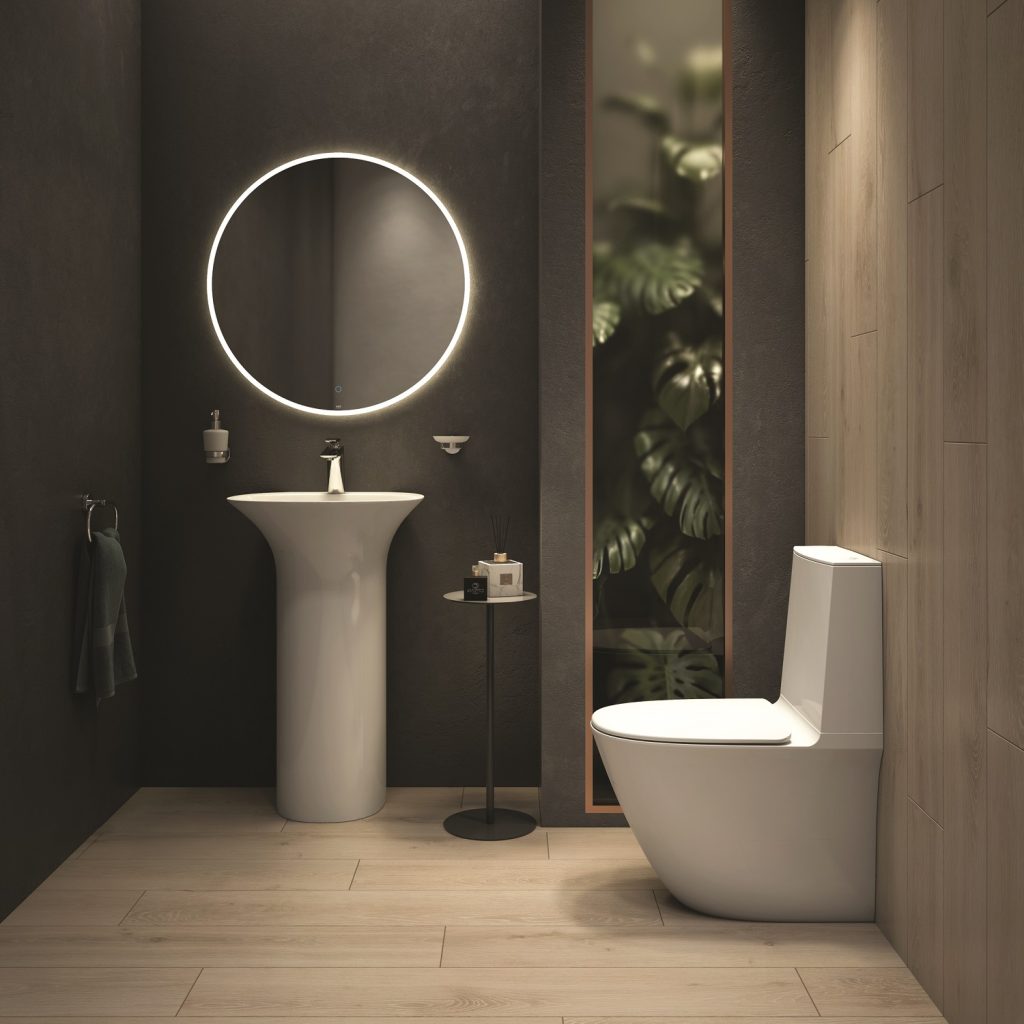
In the bathroom
Bette tell us “The material chosen plays a huge part in determining how quickly and effectively debris from tooth-brushing and washing in basins, and from washing in baths and showers, can be removed. Materials that can become scratched can harbour dirt and bacteria, as can tiled shower areas, so there is likely to be more demand for scratch-proof, non-porous and easy to clean materials, such as glazed titanium-steel.
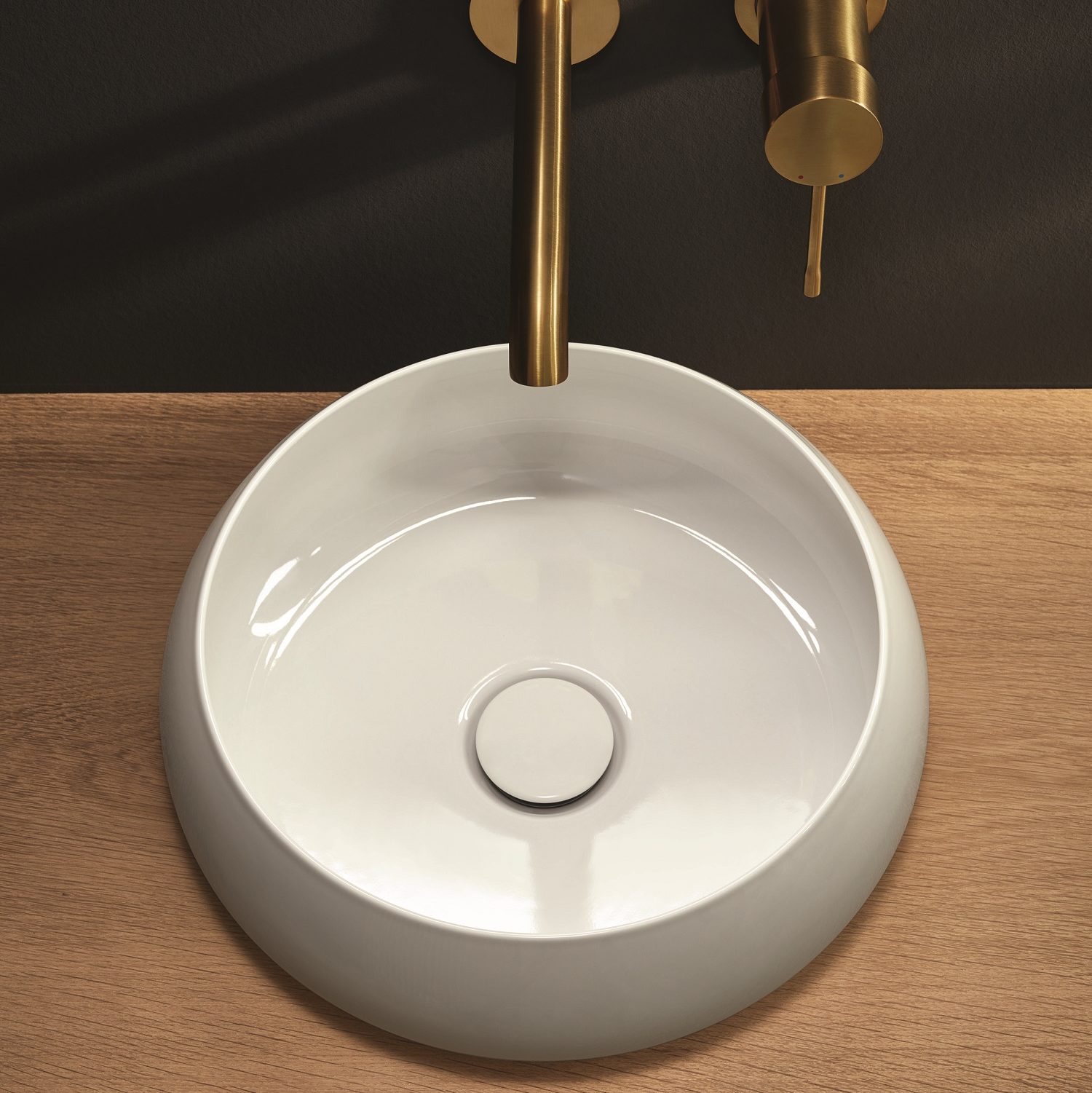
“Bette uses glazed titanium-steel for all its baths, shower trays and basins. It is harder than marble, acrylic, stone resin or steel alone and its unique smoothness means that dirt and bacteria are unable to adhere to the glass-hard, non-porous surface. Dirt is easy to rinse off, and the material’s superior durability also means it can withstand heightened cleaning regimes, such as the use of bleach, as it is unaffected by chemicals.” Read More…
Touchless taps
Inta has advised people responsible for washrooms across the UK to strongly consider touchless taps as businesses prepare for an attempt at returning to normality.
Stuart Gizzi, Managing Director at Inta, based in Hixon, Staffordshire, believes that any investment in touchless tap technology will pay off long term as it gives users peace of mind in light of the COVID-19 pandemic, whilst allowing greater control over water flow and limiting waste.
Stuart said: “This year we have all become more aware than ever of germ hotspots that we may have interacted with without a second thought previously. Read more…
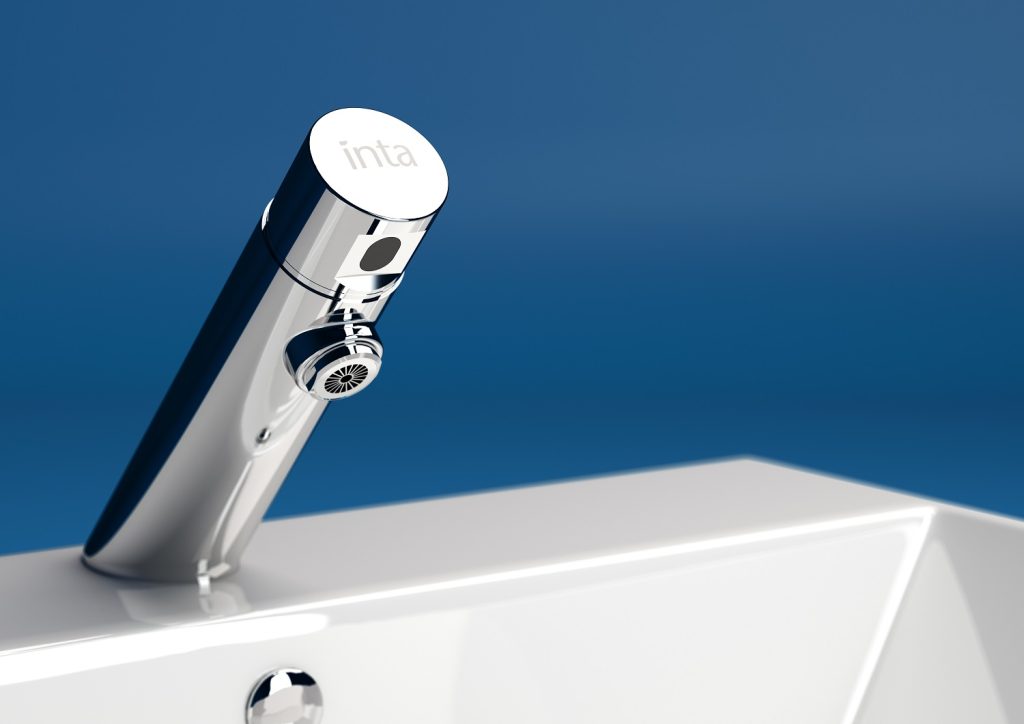
Inta IR500 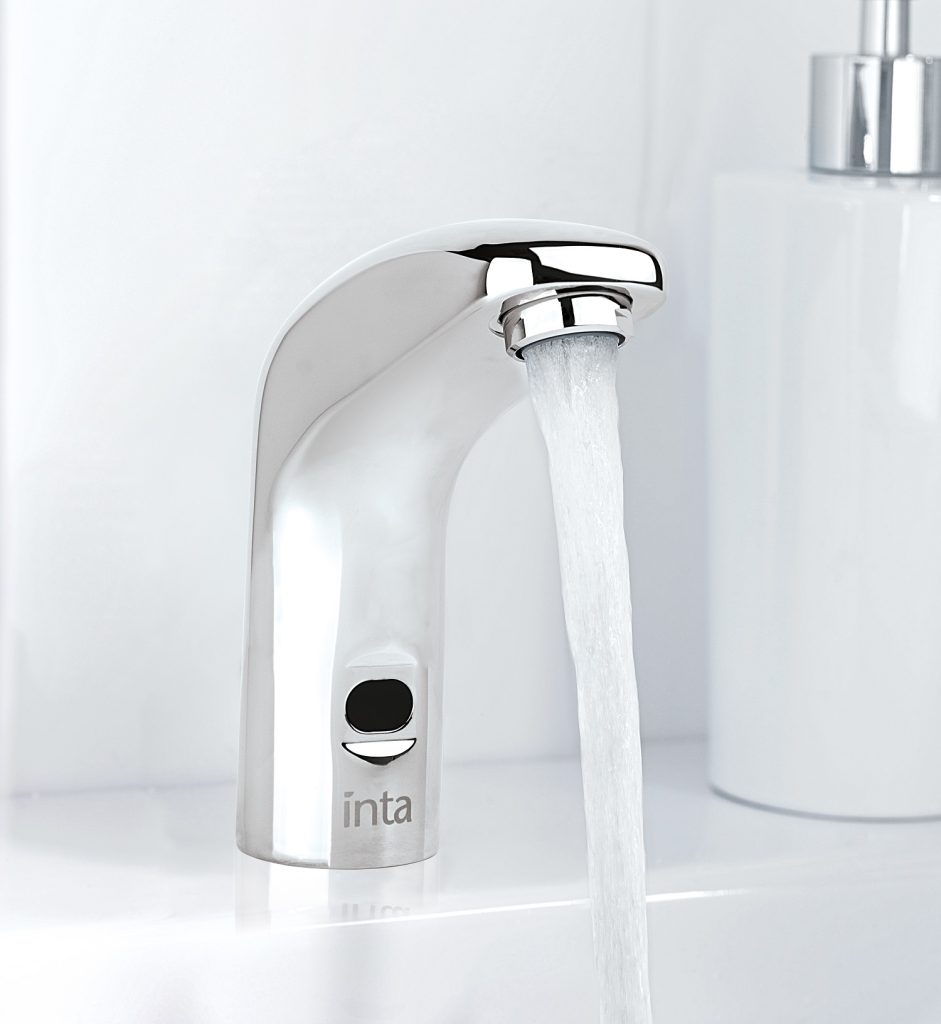
Inta – large infa red
Reduce water flow to save water
As the government promotes the importance of regularly washing hands thoroughly for 20 seconds to slow the spread of Covid-19, fitting a flow regulator to household taps could make huge savings to water usage.
Kevin Gates, UK Managing Director at the world’s largest flow regulator manufacturer Neoperl (based in Malvern) said “As an industry we have the technology to easily reduce the flow of water in taps without compromising the experience. We all have taps in the home, whether in the bathroom or cloakroom, where water is largely used for just washing hands or cleaning teeth. Most of the time these taps have a higher flow rate than required and we are simply throwing clean water down the drain.
It’s a really affordable solution to retrofit a flow regulator, most consumers could do it themselves with a little advice. They simply need to be aware that flow regulators exist, obtain the right advice as to which regulator to fit to retain adequate performance and finally they need to purchase a simple tool to fit it.” Read more…
Pictured top – RAK Sanit – public bathroom


